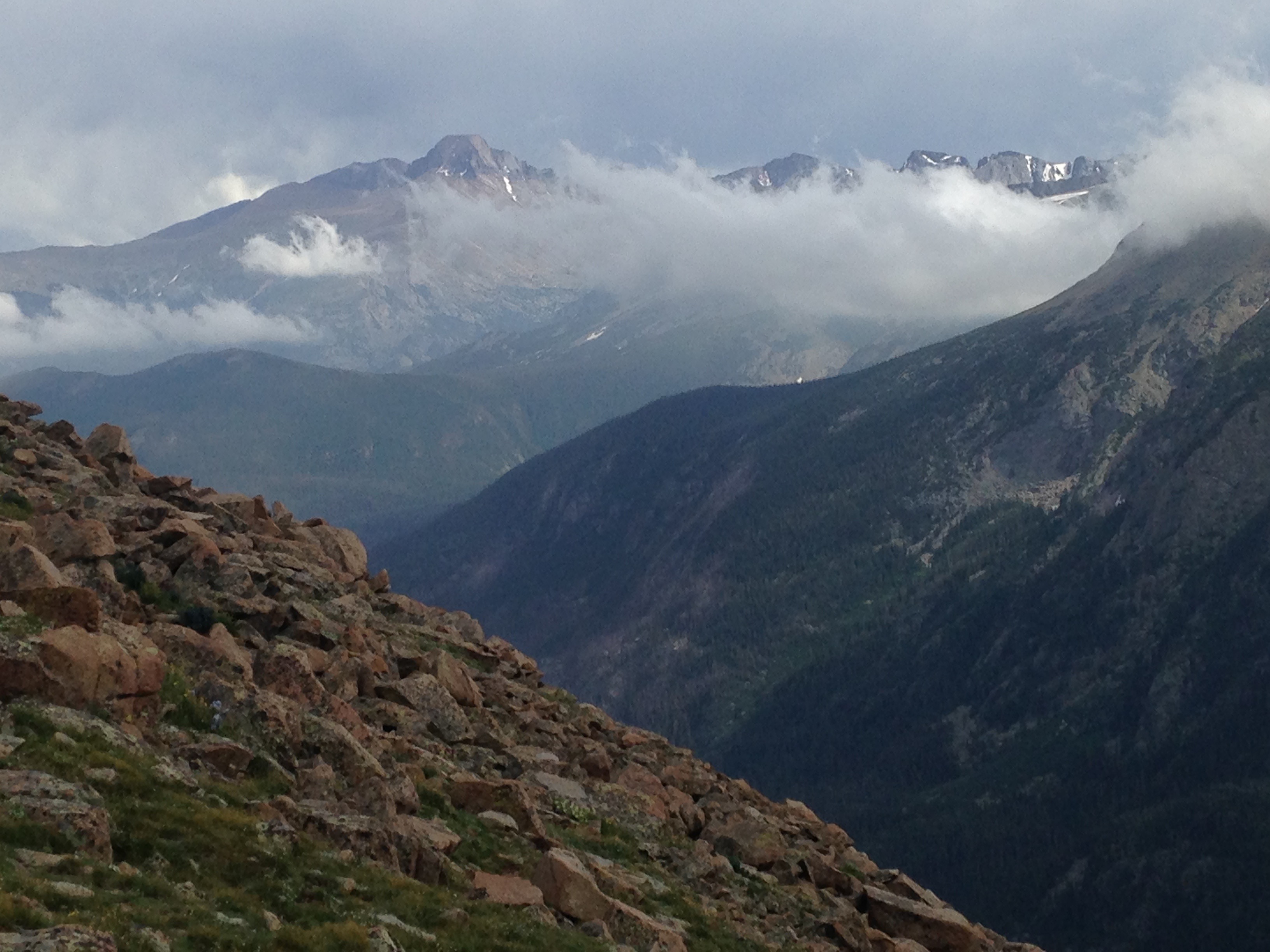
I’m lucky enough to be able to take a couple of vacations [holidays for my British readers] each year. Over the decades my vacations have generally tended to fall into two categories. First, there is the inactive, relaxing vacation of nothingness. This usually involves lounging and listening to ocean waves break along a beautiful beach, reading some choice literature and just, well, relaxing — when without kids in tow. Second, there is the active vacation spent trekking in the wilderness or discovering a far-flung natural or cultural wonder of the world.
However, even though I began these vacation rituals with my parents when I was a child myself, and have now done this for decades, I may have had the idea of a vacation completely wrong. Apparently, the ideal vacation must involve breathing, mindfulness, and self-improvement. So, forget the relaxation.
Ironically, it seems that Google has yet to learn about our active needs for vacation wellness and enrichment. Search for “vacation” online and Google will first deliver many thousands of images of people relaxing at the beach under a deep blue sky.
From NYT:
When I was 22, I used to have a fantasy about going away to a sanitarium, like in “The Magic Mountain.” I would do nothing but sit on balconies, wrapped in steamer rugs, and go to the doctor, avoiding the rigors of the real world and emerging after a short period brighter, happier, better.
I’m beginning to think this was a prescient impulse. Over the decades we have embraced a widening and diverse array of practices and traditions, but the idea that we can be improved — in mind, body or spirit — has remained a constant. That this could be accomplished with money and in an allotted parcel of time has become increasingly popular with a generation reared in a maximalist minimalist moment that, as with fashion and interior design, demands grandiose, well-documented freedom from the world. If stuff was once an indicator of security, now the very lack of it — of dust, of furniture, of body fat, of errant thoughts — defines aspiration. A glamorous back-to-nature exercise in pricey self-abnegation has become the logical way to spend one’s leisure time.
We live in a golden age of the “wellness vacation,” a sort of hybrid retreat, boot camp, spa and roving therapy session that, for the cost of room and board, promises to refresh body and mind and send you back to your life more whole. Pravassa, a “wellness travel company,” summarizes its (trademarked) philosophy as “Breathe. Experience. Move. Mindfulness. Nourish.” (The Kripalu Center for Yoga & Health, a wellness retreat in New England, boasts the eerily similar tagline: “Breathe. Connect. Move. Discover. Shine.”) A 10-day trip to Thailand with Pravassa includes a travel guide — who works, in her day job, as a “mindfulness-based psychotherapist” in Atlanta — as well as temple pilgrimages at dawn and, more abstractly, the potential to bring all that mindfulness back home with you. Selfies are not only allowed but encouraged.
Read the entire article here.
Image courtesy of Google Search.

